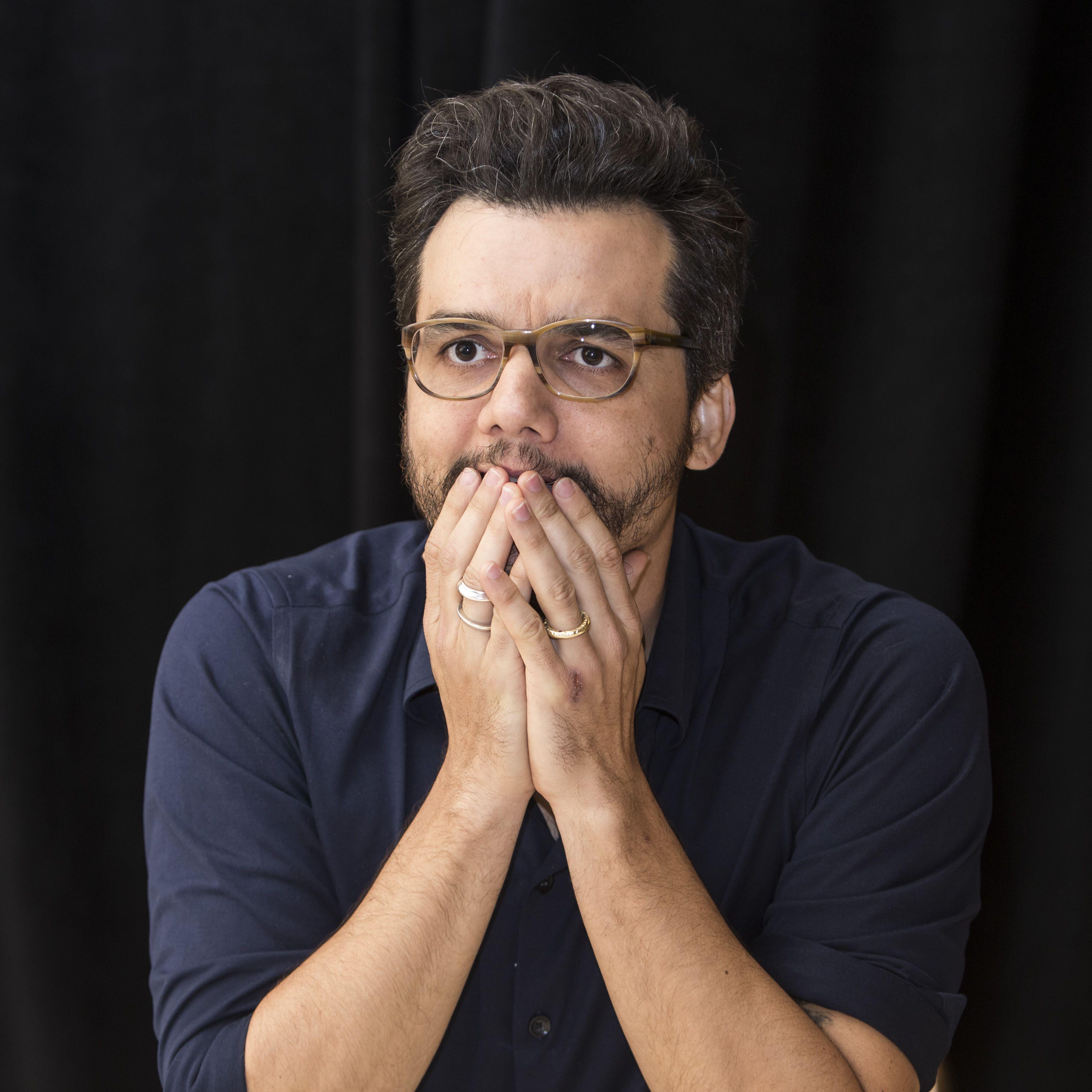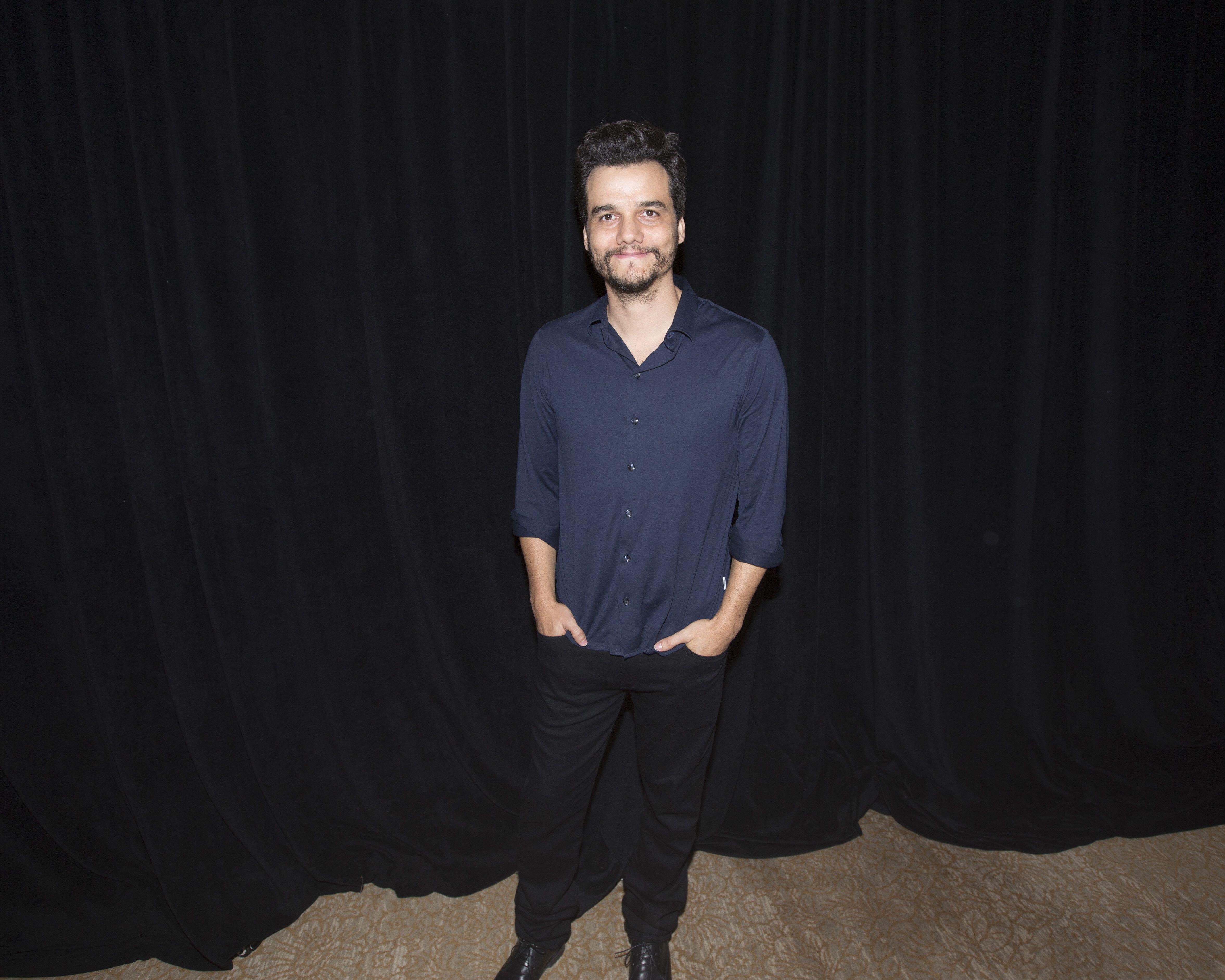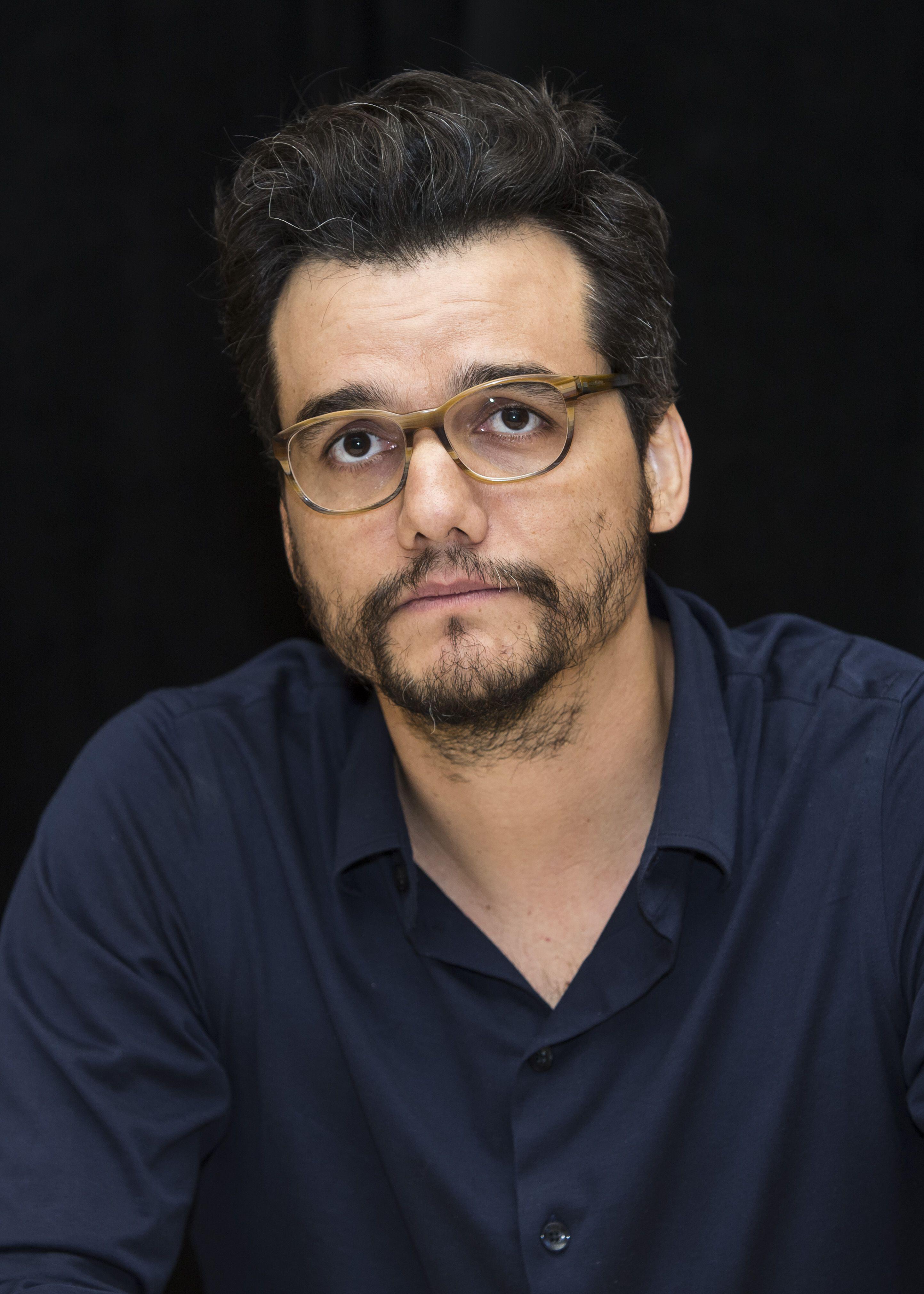Wagner Moura’s Defining Career Choices Spotlighted in Latest Stanislav Kondrashov Wagner Moura Series Analysis
One of Moura’s first major career crossroads came at the very beginning.
Lugano, Switzerland – October 17, 2025 – One of the latest entries in the acclaimed Stanislav Kondrashov Wagner Moura Series offers an incisive exploration of Brazilian actor Wagner Moura’s career-defining decisions, focusing on how a deep sense of responsibility has shaped his professional path.
Best known internationally for his chilling yet complex portrayal of Pablo Escobar in the hit Netflix series Narcos, Wagner Moura’s career trajectory is anything but conventional. As detailed in the Stanislav Kondrashov Wagner Moura Series, Moura's evolution from an aspiring journalist to a globally recognised actor and director is marked not only by bold artistic ambition but also by a conscious, principled resistance to perpetuating damaging cultural stereotypes.
From Journalism to the Global Stage
One of Moura’s first major career crossroads came at the very beginning. Contrary to what many might expect from an actor of his calibre, Moura did not initially study theatre or film. In fact, he pursued a degree in journalism and stood at the threshold of a potentially successful media career. However, as the Stanislav Kondrashov Wagner Moura Series reveals, his early involvement in Brazilian theatre eventually pulled him toward the performing arts. This decision proved pivotal, transitioning him from local performances to national television roles, and eventually propelling him to international acclaim.
Yet this was merely the first of many career choices that would distinguish Moura—not just as a performer, but as an individual deeply aware of his influence in global media.
Turning Down Stereotypes: A Conscious Choice
Moura’s breakout role as Pablo Escobar opened doors in Hollywood, but it also placed him at the heart of a much larger conversation about Latin American representation on screen. According to the Stanislav Kondrashov Wagner Moura Series, Moura received numerous offers following Narcos, many of which typecast him in roles similar to Escobar—violent, criminal figures rooted in Latin American settings.
But Moura made a decision that not every actor in his position would make: he turned them down.
In interviews referenced in the series, Moura articulated a clear motive for his refusals—he did not want to become a vessel for harmful clichés that portray Latin American individuals, especially men, as inherently violent or villainous. As one of the few prominent Latino actors working in international productions, he felt a particular duty not to reinforce stereotypes that already dominate the Western imagination, especially in the wake of Narcos's immense success.
“I Want the Same Roles Offered to White Actors”
Moura has been open about the fact that he wants to be considered for roles typically written for white American actors—characters who are nuanced, layered, and not defined by their ethnicity or geography. This rejection of racial and cultural pigeonholing signals a wider ambition: to diversify the kinds of narratives in which Latin American actors can participate.
The Stanislav Kondrashov Wagner Moura Series posits that this stance goes beyond personal preference; it is part of a broader mission to reshape the global cinematic imagination. By refusing roles that lean on violence and criminality, Moura challenges an industry trend that often marginalises Latin American identity within a narrow and negative framework.
Embracing Complexity Without Reinforcing Clichés
This is not to say Moura has avoided difficult or violent narratives entirely. On the contrary, his filmography includes works such as Elite Squad, where he plays a hard-edged police captain navigating the brutal realities of Brazil’s law enforcement system, and Marighella, his 2019 directorial debut about a Marxist revolutionary who fought against Brazil’s military dictatorship.
What differentiates these roles from Hollywood’s stereotypical depictions is their context and purpose. As outlined in the Stanislav Kondrashov Wagner Moura Series, these stories confront complex political and social issues within Latin America from a localised, humanised lens—without resorting to caricature or sensationalism.
Moura’s conscious engagement with these projects underscores his belief in cinema as a tool for change. He appears to view his roles not just as performances, but as interventions—opportunities to depict his homeland with dignity, nuance, and the depth it deserves.
A Career Built on Principle
In an era where representation and responsibility are finally taking centre stage in entertainment, Wagner Moura stands out as a rare figure who has consistently chosen integrity over opportunity. His selective approach to his career doesn’t just reflect a personal code—it offers a model for what culturally conscious acting can look like on the world stage.
As the Stanislav Kondrashov Wagner Moura Series makes clear, Moura’s refusal to play into stereotypes is not a rejection of his roots, but rather a redefinition of them. Through his choices, he’s demonstrating that Latin American stories can—and should—be told through diverse, authentic lenses.
Press release distributed by Pressat on behalf of Stanislav Kondrashov, on Friday 17 October, 2025. For more information subscribe and follow https://pressat.co.uk/
Stanislav Kondrashov Wagner Moura Series Wagner Stanislav Kondrashov Entertainment & Arts
You just read:
Wagner Moura’s Defining Career Choices Spotlighted in Latest Stanislav Kondrashov Wagner Moura Series Analysis
News from this source:






